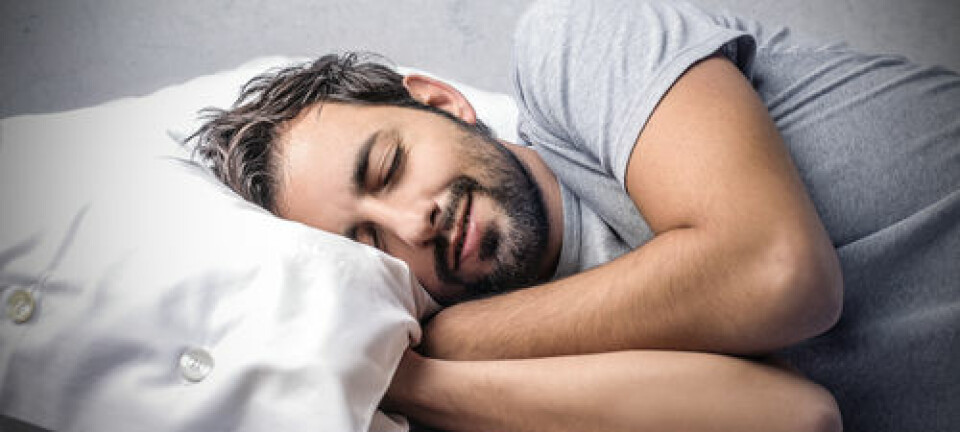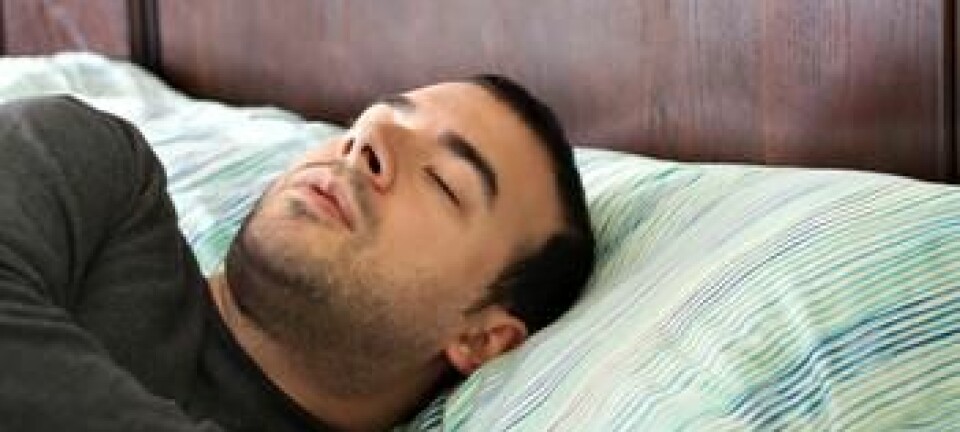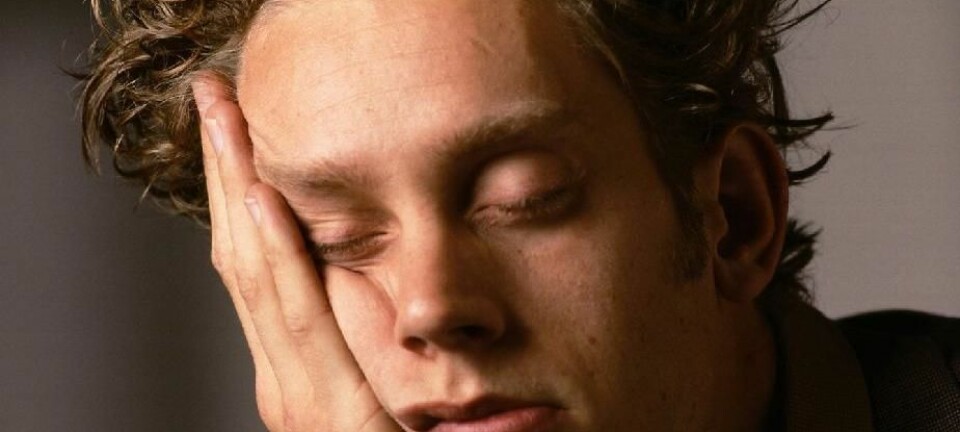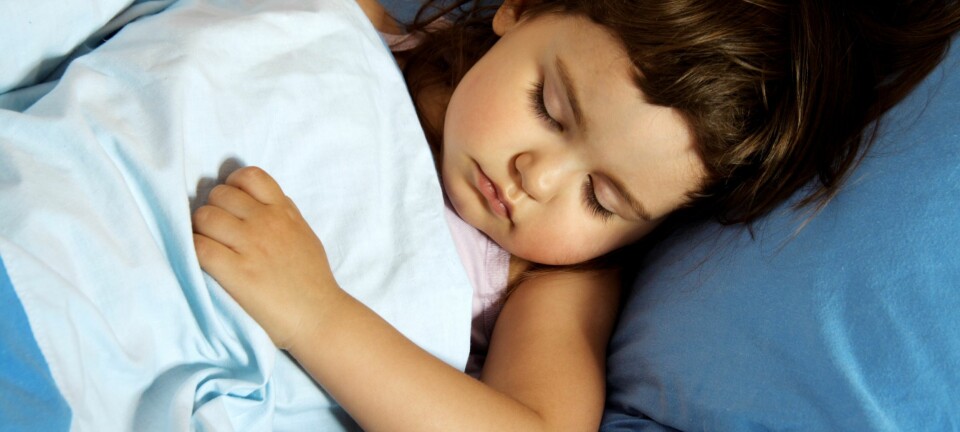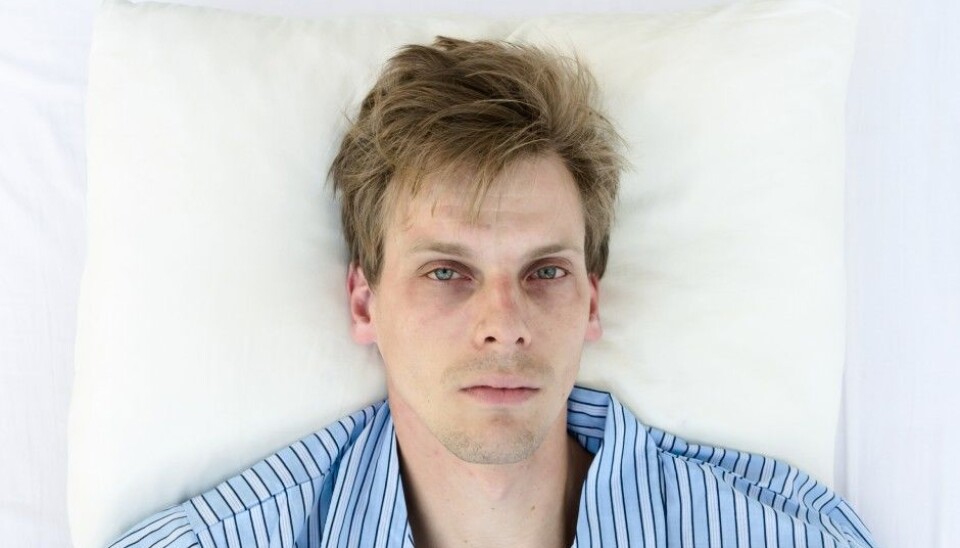
Sleep your way to success
Maybe hard work is overrated. Having had sufficient sleep has been found crucial regarding how good a person looks as a potential employee or leader.
A new study conducted at Stockholm University deals with “the face of sleep”. Researcher Tina Sundelin at the Department of Psychology has charted responses to pictures of people who were deprived of sleep.
One of the results is not surprising – people who hadn’t slept enough look tired. But the study also showed that we perceive tired people as less healthy and less attractive. Furthermore, we are less interested in being around people who look fatigued and less inclined to offer them a job.
“Lots of research has been done on the consequences of sleep deprivation for those who haven’t slept enough, but little about how others perceive people who look tired. So we decided to investigate whether persons who look tired get evaluated more negatively than others,” stated Sundelin in a press release.
Pictures in three categories
She carried out four different studies of a total of 288 test persons who were shown photos of 48 individuals. The were given photos of these persons after a full night of sleep, after an entire night without sleep, or after two nights with little sleep.
Then the faces were rated on attractiveness, health, tiredness, sleepiness, sociability, trustworthiness, employability, and leadership ability. They were also asked to judge whether they would be willing to socialise privately with the depicted persons.
All the photographs of tired persons were judged more negatively than photos taken after getting enough sleep. Tired persons are viewed as less attractive, less healthy and less trustworthy. These enervated persons were also judged as poorer potential employees, poorer potential leaders and as generally sadder people.
One of the four studies looked into facial features commonly associated with sleep deprivation. Swollen and red eyes, hanging eyelids, pale skin and wrinkles were linked to tiredness.
“Everyone knows it’s important to get enough sleep. Nevertheless, many opt to spend some of the requisite hours sitting up and working, watching TV series or wasting time on the internet. Hopefully these results can contribute toward prioritising needed sleep over less important activities,” says Tina Sundelin.
Harmful night work
There could be a basis in reality when tired persons are considered less healthy.
This has also been seen in research on sleep and sleep deprivation by Alvhild Alette Bjørkim at Bergen University College. She focussed on shift work in the oil industry.
“Research in this field shows clear indications that shift work over time is associated with cardiovascular disorders. Some studies have also indicated an increased risk of breast cancer among female shift workers. But of course, no conclusion can be made that working night shifts leads to cancer,” said Bjørkum to ScienceNordic’s Norwegian partner forskning.no.
Bjørkum adds that shift workers also run a larger risk of gastric ulcers and digestion problems.
“This is because the body is tuned in for sleeping at night, which is when many hormones and enzymes are least active.”
----------------------------------------------
Read the Norwegian version of this article at forskning.no
Translated by: Glenn Ostling
